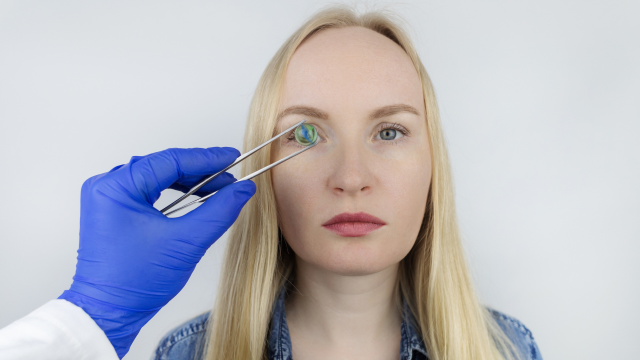
A cataract is an eye disease caused by the loss of transparency of the eye lens. It usually occurs with old age, and its symptoms include blurred vision, double vision, light distortions, and color fading. Cataracts can cause vision loss and blindness.
What is Laser Cataract Surgery?
Laser cataract surgery is a surgical procedure performed using femtosequence laser technology. In this method, the natural lens of the eye is cut into pieces by laser cutting and then these pieces are removed from the eye using ultrasonic sound waves. A new artificial lens is placed in the place of the natural lens of the eye.
Laser cataract surgery has many advantages over traditional cataract surgery. The procedure is completed in a shorter time and the recovery process of the patients is faster. Laser surgery is less invasive and a less risky procedure, especially by providing a more precise procedure. Also, unlike knives and other instruments used for traditional cataract surgery, laser cutting, and removal are done more precisely.
How Is Laser Cataract Surgery Performed?
Laser cataract surgery is usually performed under local anesthesia and takes about 15-20 minutes. During the procedure, an apparatus is placed over the eye and an incision is made on the surface of the eye. The laser enters the eye and cuts the lens, and then the cataract tissue is removed from the eye using ultrasonic sound waves. Next, an artificial lens is placed inside the eye and the process is complete.
Who Is Laser Cataract Surgery Suitable For?
Laser cataract surgery is not suitable for everyone with cataracts. The doctor will determine the most appropriate cataract surgery method according to the patient’s history, eye examination, and the patient’s health status. However, laser cataract surgery is a viable option, especially for patients with astigmatism. Astigmatism is a vision problem caused by the irregular curvature of the surface of the eye. Laser cataract surgery can be combined with astigmatism treatment and can help patients treat both their cataracts and their astigmatism.
What Are the Risks of Laser Cataract Surgery?
Although laser cataract surgery is less risky than traditional cataract surgery, it carries some risks as with any surgical procedure. Complications such as infection, bleeding, lens placement problems, increased intraocular pressure, and vision loss may occur after the procedure. However, the risks are quite low, thanks to the high technology and less invasive nature of laser cataract surgery.
Conclusion
Laser cataract surgery is a safe and effective option for patients with cataracts. Its less invasive nature, less risk, and faster healing process offer more advantages over traditional cataract surgery. However, like any surgical procedure, laser cataract surgery carries risks, and it’s important to talk to your doctor about these risks. Anyone with cataract symptoms can consult their doctor to get information about the laser cataract surgery option and determine the most appropriate treatment method.

